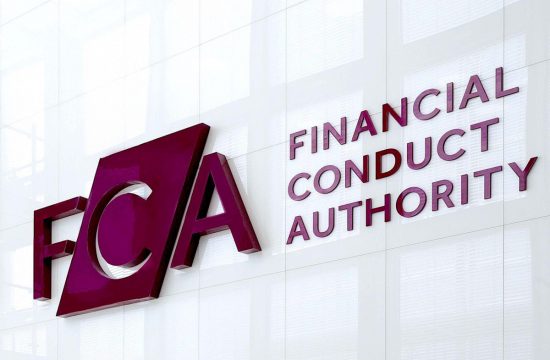Gemini, the cryptocurrency exchange founded by the Winklevoss twins, is being sued by investors over the sale of its interest-bearing crypto products.

In a class-action complaint filed in the U.S. District Court for the Southern District of New York, investors Brendan Picha and Max J. Hastings accuses Gemini and its founders of fraud and violations of the Exchange Act.
The compliant alleges that Gemini’s Earn program didn’t register its high-yield products as securities in accordance with U.S. securities law. The filing highlights that the exchange promoted annual interest rates of up to 7.4% on crypto deposits, which was higher than rates for short-term, investment-grade, fixed-income securities or bank savings accounts.
“When Genesis encountered financial distress as a result of a series of collapses in the crypto market in 2022, including FTX Trading Ltd. (“FTX”), Genesis was unable to return the crypto assets it borrowed from Gemini Earn investors. The company refused to honor any further investor redemptions, effectively wiping out all investors who still had holdings in the program, including plaintiffs.”
The lending unit of Gemini suspended redemptions and new loans in November due to the collapse of FTX crypto exchange. At the time, Gemini had reportedly experienced a $563 million rush in customer outflows in a single day, which was the largest in its history.
The move raised questions about the health of Gemin’si program that holds more than $700 million in customer money. The Earn accounts were frozen after its main lending partner, Genesis Global Capital, enacted a similar freeze.
US regulators have been already investigating offerings of interest-bearing crypto-asset accounts as a part of a broader scrutiny against cryptocurrency lending platforms.
The effort continues a yearlong battle by California and other state watchdogs to bring crypto interest accounts under their regulatory domain. BlockFi was the first lender to fall under their microscope and it ultimately settled with state and federal regulators.
The move came as US regulators signaled a big change in policing cryptocurrencies and the growing Defi sector after they blocked Coinbase from launching a new crypto lending product. The SEC officials have increasingly been talking about a need to crack down on these products, which are essentially unregistered interest-bearing accounts, the agency claims.
Before the recent crisis, the CFTC filed a lawsuit against Gemini for providing false information. The commission said the operatives of Gemini exchange made false statements concerning a bitcoin futures contract the firm was pursuing alongside Cboe in 2017.











